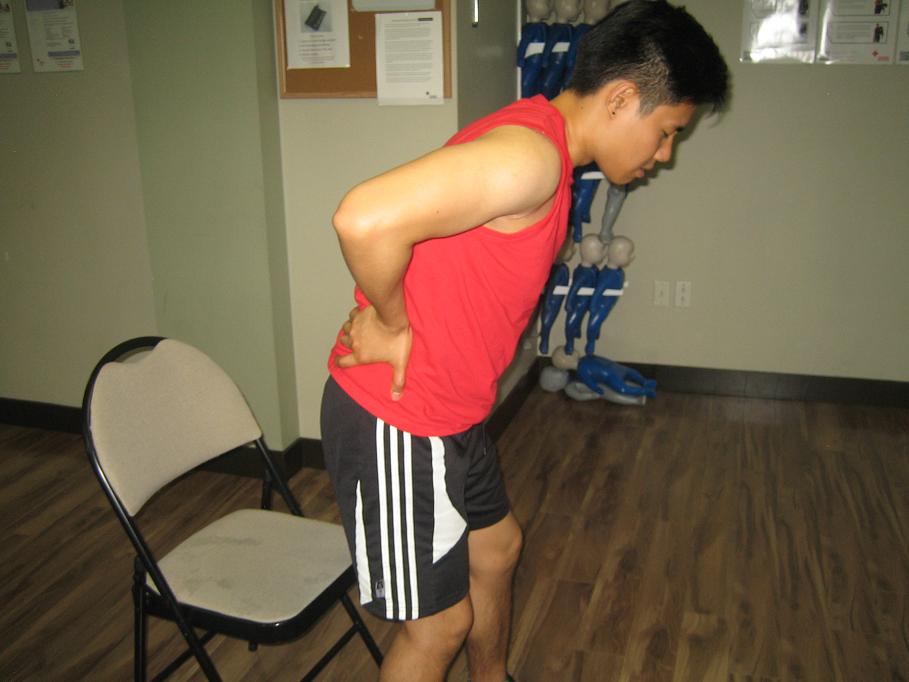An anal fissure is a slit in the coating of the inferior rectum that instigates pain during the movement of bowel. Most cases of anal fissures typically heal with just home remedies after a day or weeks which are short-term or acute anal fissures. An anal fissure that does not heal after 8 to 12 weeks is a chronic fissure and requires medical care. Anal fissure can affects individuals of all ages, even those who are young and healthy.
Causes
- Passing a large stool
- Being constipated and trying to pass a hard stool
- Repeated diarrhea
- Giving birth in which childbirth can cause damage to the anal canal. Fissures can also be caused by anal intercourse, rectal examination and sometimes by Crohn’s disease.
Symptoms
- Sharp, stinging or burning pain that can be felt during bowel movement and this can be severe, brief or last for several hours.
- Itchiness
- There is bleeding in which the blood from the fissure is separate from the stool. The blood can be very dark and if there is dark red blood that is mixed with the stools, it is considered as a serious problem that requires immediate medical care.
- Oftentimes, a fissure can be painless and will not heal but may bleed from time to time but there are no other symptoms.
- The area has a crack on the skin.

Symptoms of anal fissures do not usually cause complications, but a fissure can become chronic and will not heal. The fissure can become a tear which will spread into the internal anal sphincter which is the muscle is responsible for controlling the bowel movements.
Treatment and home remedies of anal fissures
- Soak in a bathtub using warm water for 15 minutes at least twice a day in order to minimize pain and itchiness caused by the anal fissures and avoid adding bubble bath or perfumed soaps to the water since these will cause further irritation.
- Place a sitz bath over a toilet bowel and fill it with warm water then lower the buttocks and hips into the water and soak the rectum in it. Allow the overflow to fall into the toilet. Perform the sitz bath after having a bowel movement and necessary if the individual cannot take a bath.
- Perform physical activities at least 30 minutes in order to prevent the bowel movements from hardening or difficulty in passing. The passing of hard bowel movement with an anal fissure will prevent healing and will cause additional tearing. Some physical activities include walking the dog, washing the car as well as housework such as vacuuming the floor.
- Drink plenty of fluids in order to hydrate the body and minimize the risk of constipation.
- Wipe petroleum jelly to the affected area in order to prevent further tearing and for fast healing of the anal area.
By enrolling in a first aid course, you can properly manage an anal fissure.
Prevention
When preventing the development anal fissures, always keep the rectum clear and dry. It is also important to avoid irritating or scratching the area and keep it clean using wipes instead or cotton or tissue paper. If a fissure will occur, it will not become irritated since there are no bacteria present to cause inflammation of the area. In addition, development of infection can be prevented as well.
FACT CHECK
https://www.healthline.com/health/anal-fissure
https://www.nhs.uk/conditions/anal-fissure/
https://www.mayoclinic.org/diseases-conditions/anal-fissure/symptoms-causes/syc-20351424
